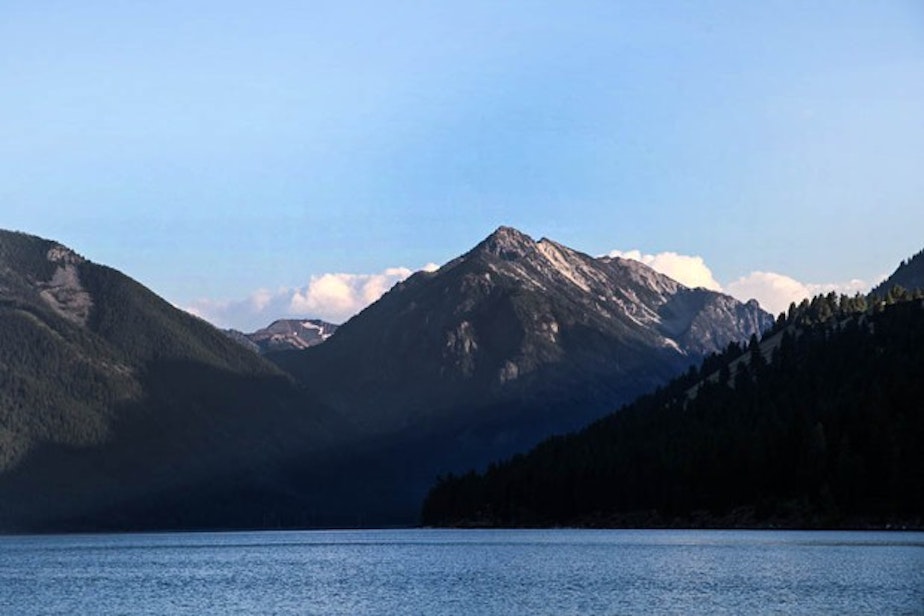Oregon State Parks To Adjust Rates After Record-Setting Year

Wallowa Lake south of Joseph, Ore., is pictured July 7, 2015.
Oregon state parks saw a record-setting number of overnight visitors in 2018. More than 2.8 million overnight stays were documented.
That's an increase of more than 100,000 visitors since 2017.
Now, the state Parks and Recreation Department is looking to adjust rates in an attempt to persuade campers to go to less-visited spots.
The bulk of 2018 park visitors headed to the Oregon Coast.
These were the top five parks with the most overnight stays in 2018:
Chris Havel, spokesperson with the Oregon Parks and Recreation Department, said the department will be offering discounts on less-visited parks to encourage visitors.
"We have authority from the Legislature to be a little bit more flexible with our fees," Havel said. "We're going to be offering steep discounts to try and attract those people who are really shopping by price to those parks that have capacity."
Havel said the department already offers about $800,000 a year in free camping discounts to certain communities including foster families and veterans with service-related disabilities. In further offering discounts on specific parks, he said, the department will be temporarily increasing some parks' rates to balance out lost revenue.
"We’re not tax-funded. We have to look at our own revenue and figure out how to make everything there balance," Havel said.
The department will be experimenting with a one-month pilot program from Aug. 15 to Sept. 15 that will increase prices at eight state parks around the state.
Cape Lookout, Fort Stevens, Silver Falls and Tumalo state parks will see $3 rate increases for all RV sites and $5 increases for cabins and yurts. Tent campsite rates will remain the same.
Beachside State Recreation Site, Ainsworth State Park, Detroit Lake State Recreation Area and Wallowa Lake State Park will see increases on specific popular campsites within each respective park.
Havel said decreasing the human impact on parks, especially when it comes to litter and fires, can help keep a park open longer and help make upkeep more affordable.
"Some of these things aren’t under any control, like the weather, but the way people take care of parks, being careful of fire, policing their litter, just being gentle on the landscape, that oddly enough increases state park capacity by allowing us to keep parks open longer and make it more affordable for us to keep them up and going," Havel said. [Copyright 2019 Oregon Public Broadcasting]
